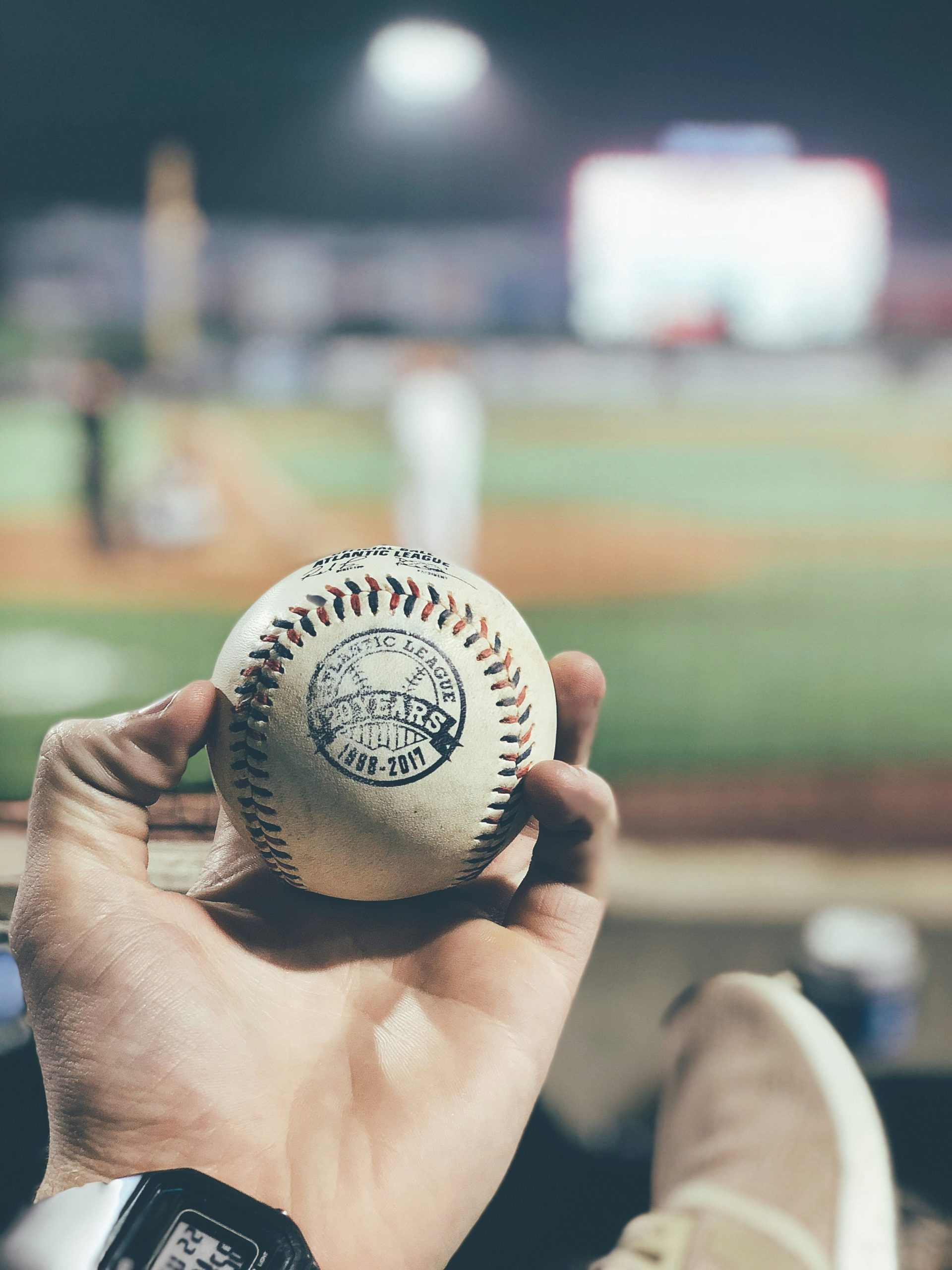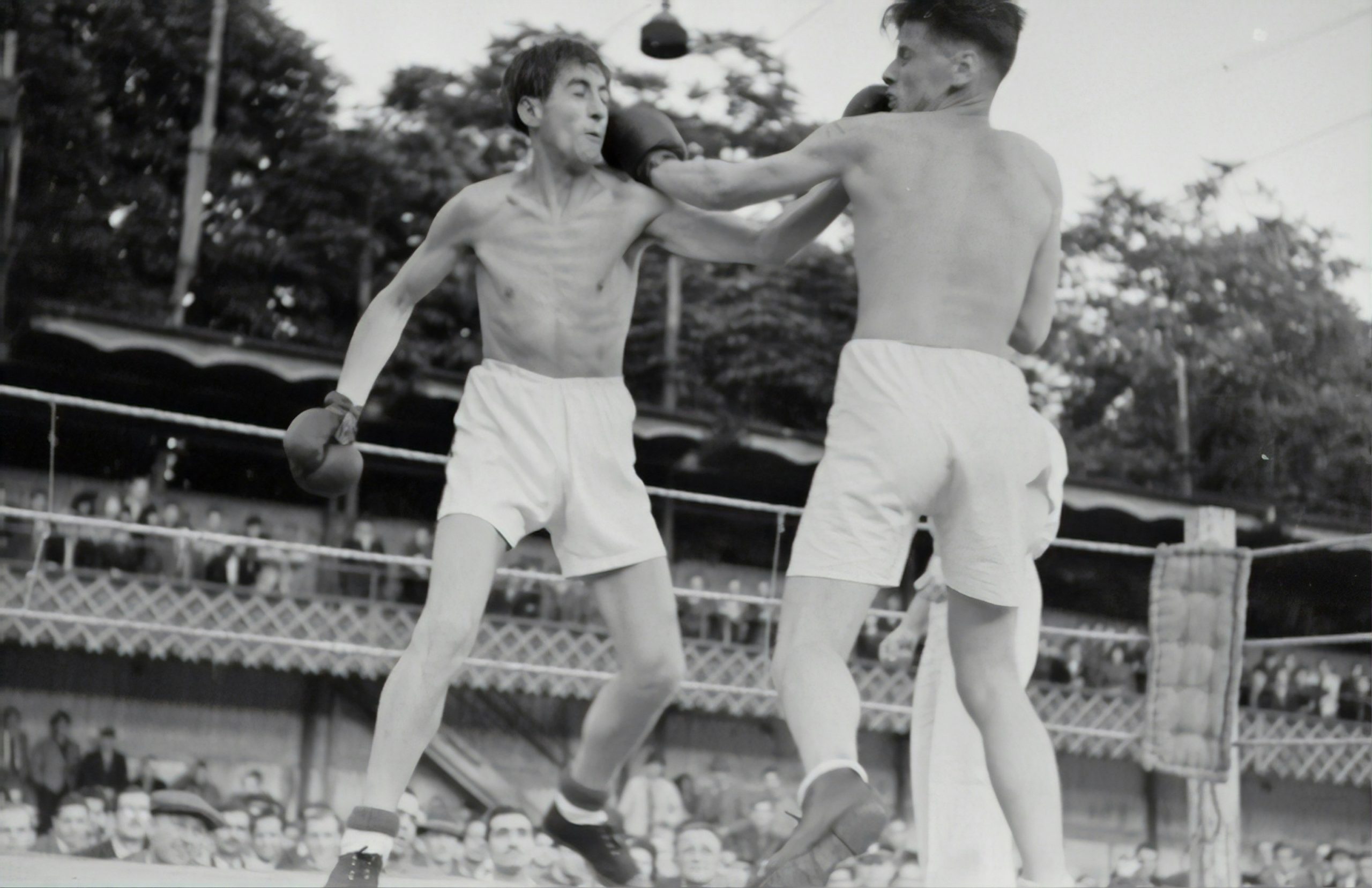
Mental Health Strategies for Athletes Coping with Pressure and Stress
Introduction
Athletes face unique challenges when it comes to mental health, particularly in managing pressure and stress. The demands of competition, training regimens, and public expectations can create significant psychological burdens. Effective strategies are essential not only for performance but also for overall well-being and longevity in sports careers.
Understanding Pressure and Stress in Athletics
Pressure and stress are inherent in competitive sports. Athletes often experience:
- Performance Anxiety: Fear of failure or not meeting expectations.
- Physical Stress: Due to intense training schedules and competition.
- Psychological Stress: Resulting from media scrutiny, public opinion, or personal expectations.
These factors can lead to burnout, injury, or even mental health disorders if not managed effectively.
Effective Mental Health Strategies
1. Mindfulness and Meditation
Mindfulness techniques and meditation can help athletes manage stress by promoting:
- Increased self-awareness and emotional regulation.
- Improved focus and concentration during competitions.
- Reduced anxiety and muscle tension.
Case Study: Novak Djokovic, a professional tennis player, incorporates mindfulness and meditation into his training routine to enhance mental resilience and focus.
2. Goal Setting and Visualization
Setting realistic goals and visualizing success can alleviate pressure and enhance performance:
- SMART Goals: Specific, Measurable, Achievable, Relevant, and Time-bound.
- Visualization techniques involve imagining successful outcomes, which can boost confidence and reduce anxiety.
Example: Michael Phelps, an Olympic swimmer, visualized his races beforehand to mentally prepare for competitions, contributing to his record-breaking success.
3. Social Support Networks
Building strong support systems within the sports community or with friends and family provides:
- Emotional support during challenging times.
- Perspective and advice from experienced peers or mentors.
- A sense of belonging and reduced feelings of isolation.
Quote: “Having a supportive team and family behind me helped me stay grounded and focused on my goals.” Serena Williams, professional tennis player.
4. Professional Mental Health Services
Seeking help from sports psychologists or mental health professionals is crucial for:
- Developing personalized coping strategies.
- Addressing underlying mental health issues like depression or anxiety.
- Learning stress management techniques tailored to athletic performance.
Case Study: Michael Phelps publicly advocated for mental health awareness and utilized therapy to overcome personal challenges, emphasizing the importance of professional support.
5. Balancing Training and Rest
Ensuring adequate rest and recovery is vital for both physical and mental well-being:
- Overtraining can lead to fatigue, increased injury risk, and mental exhaustion.
- Quality sleep improves cognitive function and mood regulation.
- Rest days allow for mental rejuvenation and sustained motivation.
Example: Simone Biles, a gymnast, prioritizes rest and recovery days in her training schedule to maintain peak performance and mental clarity during competitions.
Conclusion
Managing pressure and stress is essential for athletes aiming to perform at their best while maintaining mental well-being. By integrating mindfulness practices, goal setting, social support, professional guidance, and balanced training routines, athletes can develop resilience and sustain long-term success in their athletic careers.
Implementing these strategies not only enhances performance but also fosters a healthy mindset that extends beyond sports, promoting overall quality of life.



